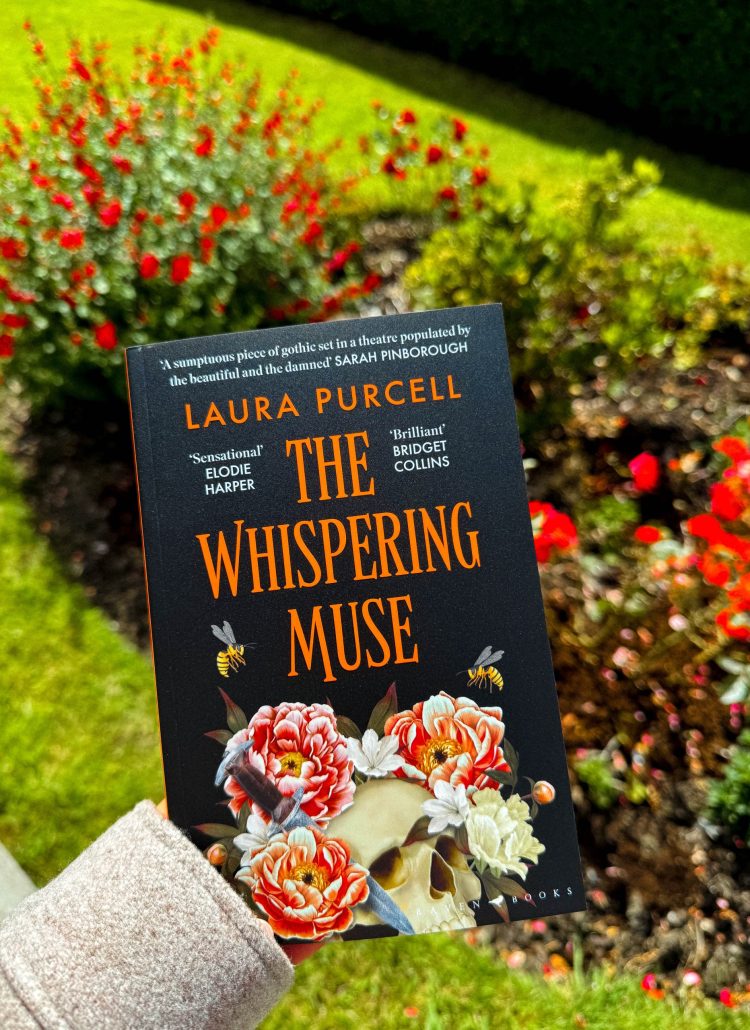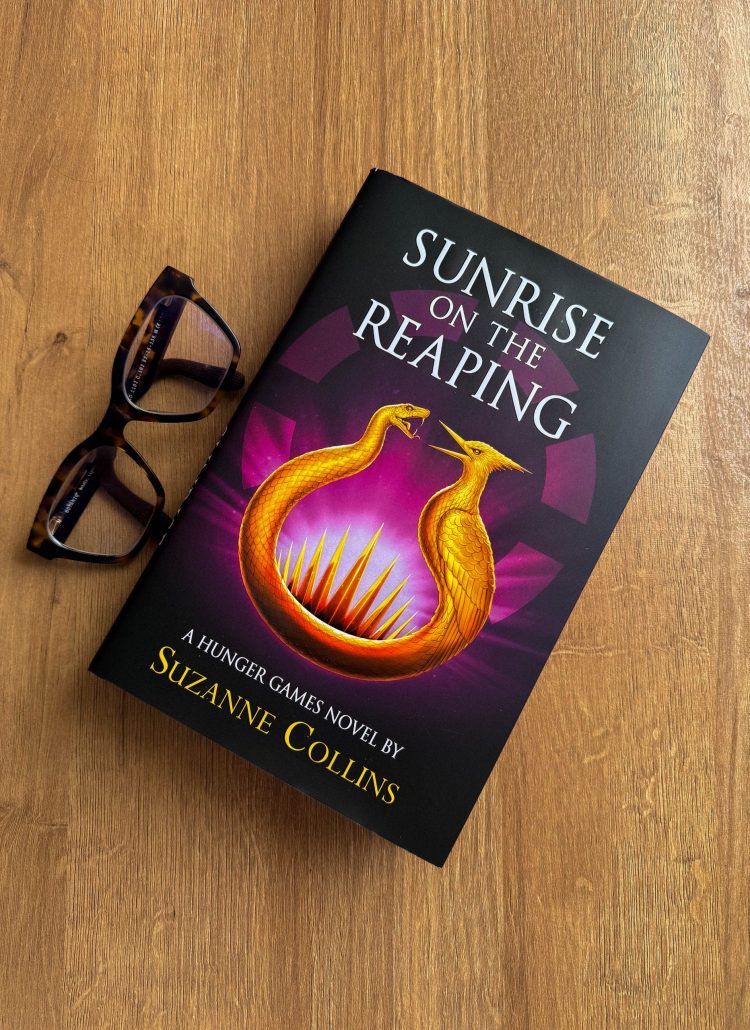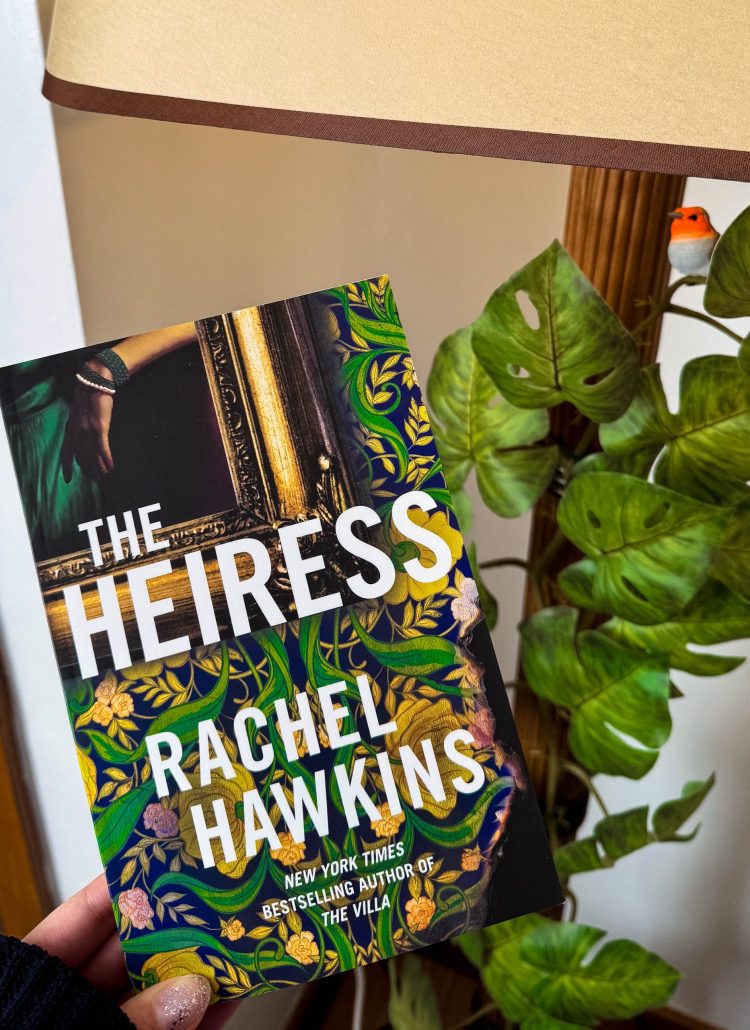Isa Epley is all of twenty-one years old, and already wise enough to understand that the purpose of life is the pursuit of pleasure. After a sojourn across the pond, she arrives in New York City for a summer of adventure with her best friend, one newly blond Gala Novak. They have little money, but that’s hardly going to stop them from having a good time.
In her diary, Isa describes a sweltering summer in the glittering city. By day, the girls sell clothes in a market stall, pinching pennies for their Bed-Stuy sublet and bodega lunches. By night, they weave from Brooklyn to the Upper East Side to the Hamptons among a rotating cast of celebrities, artists, Internet entrepreneurs, stuffy intellectuals, and bad-mannered grifters.
Money runs ever tighter and the strain tests their friendship as they try to convert their social capital into something more lasting than their precarious gigs as au pairs, nightclub hostesses, paid audience members, and aspiring foot fetish models. Through it all, Isa’s bold, beguiling voice captures the precise thrill of cultivating a life of glamour and intrigue as she juggles paying her dues with skipping out on the bill.

I realize now, the older you get, the harder it is to be impressed because people make you feel ashamed of ever being impressed by anything at all. I kept many glowing remarks to myself because of this
If you need a linear story with a concrete beginning, middle and end and a strong character arc then Happy Hour isn’t the novel for you. Is there a plot? Does anything really happen? The answer is no. Yet, despite this, I somehow found myself completely enthralled by it. This is likely because I grew up on Gossip Girl, fashion mags and whimsy ~ big city dreams ~ and could somewhat relate.
Happy Hour is just pure vibes and shenangins following Isa and Gala, two girls in their early twenties, as they navigate a hot summer in New York. Granados expertly captures the naïveté one must posesses to think they can make it in New York with only pennies to their name and the hunger of youth as the pair survive purely on meeting new people and seeking out the next opportunity for free drinks.
Isa and Gala aren’t the most likeable characters. In fact, I would say there aren’t any likeable characters in Happy Hour. Everyone is shallow and pretentious whilst believing they are instead smart and witty – and that’s what makes Happy Hour really fun! If you stop viewing Happy Hour as a linear novel and more as a series of observations of both the rich and arrogant and what it feels to come of age as a girl in today’s modern world, then it becomes incredibly intriguing.
Grandaos’ voice is distinct voice and despite Isa occasionally veering into eye-roll inducing territory, it still manages to feel endearing. There’s an odd sense of freedom to Happy Hour which invokes a feeling of nostalgia. Of being young, human and alive just trying to survive a new city and the world feeling like your oyster.
On the surface, it’s quite vapid but if you squint a bit closer, there are some meaningful nuggets of social observation and critique. Granados’ Isa is frustratingly directionless, but she is self-assured and unapologetic in her femininity, which I had to admire. In a way, it’s very much a slow burn but it also doesn’t lead us anywhere in particular. Like I say, it’s just vibes and atmosphere but Marlowe’s narration and characterisation is intoxicating. For the bookish community, Happy Hour has been akin to marmite, but I must admit that I loved every minute of it.




Leave a Reply